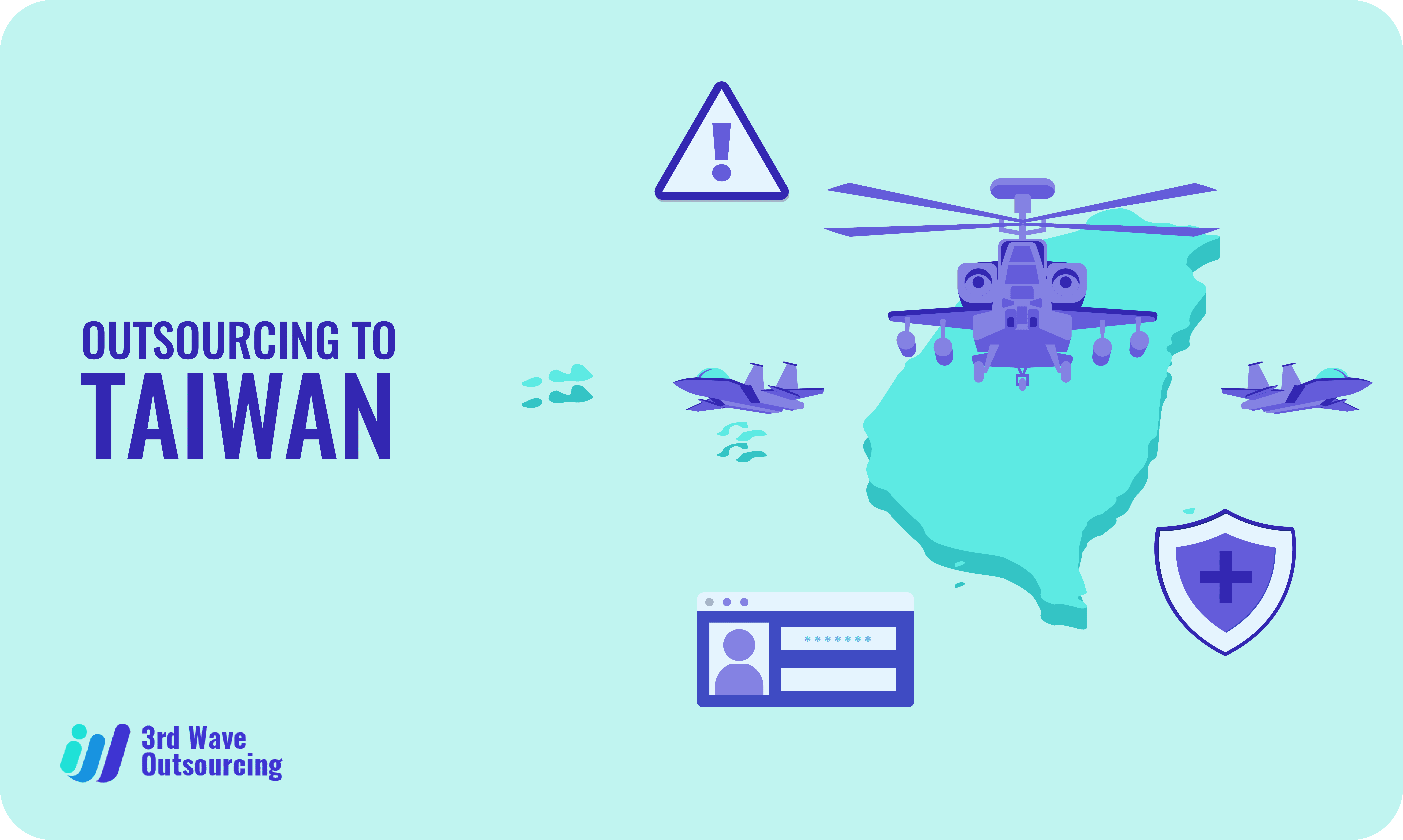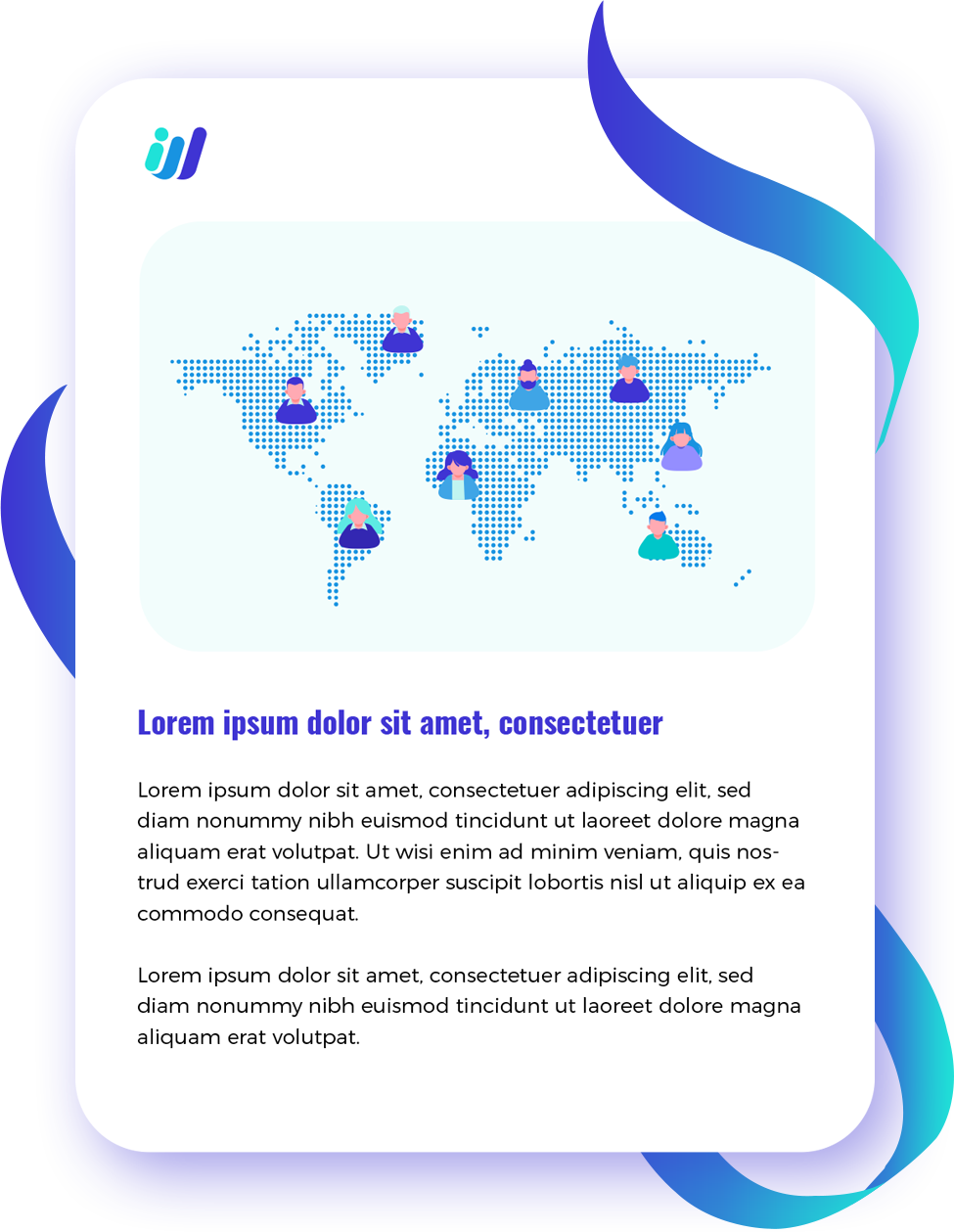Taiwan has a GDP of $662.1bn, making it the world’s 21st largest country. Between 2010 and 2021, the country’s GDP grew by 44% and is expected to grow by 19% in 2025, according to GlobalData.
Taiwan’s rapid economic growth is based on its own free-market economy, currency, and military, which all work together to make it a strong and stable country. “Taiwan is still a sovereign country, even though it doesn’t have a lot of diplomatic support,” says Alfred Tsai, the director of government and public affairs at the American Chamber of Commerce in Taipei in Taiwan.
When foreign businesses come to Taiwan, they can enjoy the same free-market regulations and business environment that are found in major economies like the United States. Tsai says that foreign investors are right to be worried about the political tensions in the Taiwan straits, but they should not be. Pressure from Beijing is making it hard for Taiwan to want to trade freely with the rest of the world on its own.
Taiwan’s efforts to reach a trade deal with the United States have made little progress so far. The Comprehensive and Progressive Agreement for Trans-Pacific Partnership, which Taiwan wants to join, has also asked Taiwan to be a part of it. “Because of Beijing’s political pressures, it’s a little difficult for Taiwan to do what it needs to do,” Tsai further explained. Many Taiwanese and foreign businesses that used to be in mainland China have moved back to Taiwan because of the US-China trade war. “In this way, Taiwan has been a surprise winner of the US-China tensions and the Covid-19 pandemic,” says Tsai.
Global Investors on Growing Taiwan-China Geopolitical Tensions
Investors from around the world are looking for ways to protect themselves from a possible war between China and Taiwan. This is because Russia’s invasion of Ukraine has changed how people think about risk in one of the world’s most dangerous geopolitical flashpoints.
Investors still think that a Chinese attack on Taiwan is a long-term risk. A Goldman Sachs index that tracks tensions across the Taiwan Strait recently hit a record high.
“It isn’t a bad idea to think about cross-strait tensions now that Ukraine has been taken over by Russia,” said Tim Moe, chief Asia equities strategist at Goldman.
Diversifying away from Taiwan’s semiconductor industry and balancing exposure to Taiwan’s currency are two of the main things that people do to hedge their investments.
Investors ‘want to know what’s in the toolbox’, said the head of Asia execution at a Wall Street investment bank. He said that Russia’s invasion had led to more clients asking about Taiwan hedges and that more people were asking about them.
China says that Taiwan is part of its land, and it hasn’t ruled out using force to get it to join. Beijing doesn’t think its claims on Taiwan are the same as Russia’s claims on Ukraine. But the Ukraine war has also been a wake-up call for investors because they didn’t know what to do. Chun Him Cheung, a Bank of America strategist, said that geopolitical uncertainty was the main reason that investors were leaving Taiwan’s stock market. At $14.6 billion this year, that’s close to the total for all of 2021.
Investors are becoming more concerned about the wider geopolitical consequences of war, especially for Taiwan, Chun said. Investors who want to hedge their investments in Taiwan stocks would focus on buying more of the stocks of companies that compete with TSMC, the world’s biggest producer of processor chips used by Apple and other technology companies.
Analysts said that investors might also try to protect themselves by buying non-Taiwanese or Chinese companies that are part of the chip supply chain, such as US and European companies that make equipment used to make semiconductors.
Overreliance on China Hinders Economic Growth
Strained political ties with mainland China make the economic risks even more dangerous for Taiwan. Taiwanese people had different political and civic values from people in China when they became freer. There are now only 1% of Taiwanese people who want to be reunited with the mainland right away, and Xi Jinping’s goal of unifying Taiwan with the mainland in his lifetime is becoming more and more difficult.
He also said that after Taiwan was reunited with China, it would be run by the same “one country, two systems” formula that was used when Hong Kong returned to China in 1997. Despite Beijing’s promise to keep Hong Kong’s political and economic systems mostly the same, it has been trying to make the mainland more economically and politically powerful. It also wants to make sure that both young people are taught to be more patriotic and older people who are chosen for government jobs can be trusted to act as ‘patriots’. China has used the police and the courts to put in place a national security law in Hong Kong since 2016. This law is meant to stop the protests and remove all pro-democracy people from government jobs. The National People’s Congress in China recently announced changes to Hong Kong’s voting system that means there will be no more truly contested elections. All candidates will have to be vetted by a government selection committee.
These changes have made Taiwanese people even more against unification. People in Taiwan have responded by saying that Beijing has been increasing its willingness both to use threats of military force and to make the case that they have no choice but to agree to Beijing’s terms, which makes them feel like they have no choice but to do so.
China has already shown what some people call a “QiongTai” (make Taiwan poor) strategy by lowering the number of Chinese tourists in Taiwan in 2016 and 2019. Either to protest the results of a recent election or to try to influence the outcome of an upcoming one, China has lowered the number of Chinese tourists in Taiwan. When Taiwan businesses in mainland China show support for the Democratic Progressive Party, which Beijing has long said is pro-independence, they get a lot of attention from the government there all the time.
Beijing announced that all imports of Taiwanese pineapple would be banned on March 1, claiming that it was for public health reasons. This is another sign that Taiwanese people are vulnerable to China’s trade threats. There are more risks for Taiwan than there are for Australia and South Korea, because China wants to rule it politically. In terms of cross-Strait politics, this has made things worse than at any point since they started talking again in the 1990s.
Tense relations with China have also shown signs of weakness in Taiwan’s impressive resilience in health care, which is a big part of its success story. Taiwanese are not interested in getting Chinese vaccines, and there has been no public discussion about it. When Taiwan was kicked out of the World Health Organization, it doesn’t look like the COVID-19 Vaccines Global Access initiative has given it much, if any, help with vaccines. The government hasn’t been able to get enough non-Chinese vaccines, but some will arrive later in 2021. With or without vaccines, Taiwan’s effective prevention measures could stop any rise in infections even if there were no vaccines. However, Taiwanese people could be stuck on the island with few visitors coming in and more difficulties getting out, while other countries start traveling again. This could hurt Taiwan’s economy and also make people less confident in the country.
Final Thoughts
With the threat of war between Taiwan and China looming, corporate resilience and business continuity plans become paramount. But don’t let your business suffer. Work with global top talents in countries with political and economic stability and most importantly, strong data privacy laws. Look into Third Wave Outsourcing to help you harness the benefits of outsourcing.



